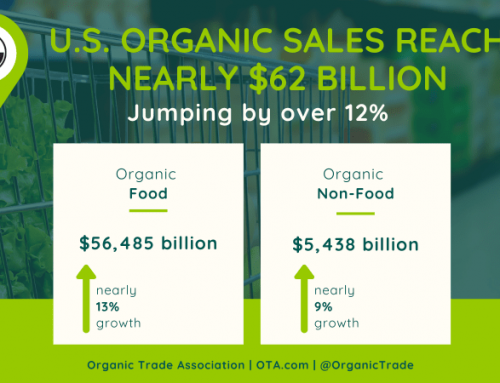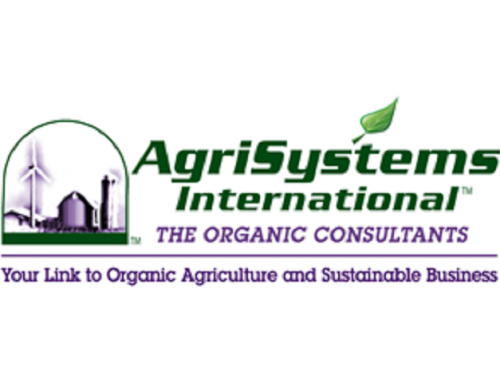
Five Principles of Sound and Sensible
- Efficient Processes: Eliminate bureaucratic processes that do not contribute to organic integrity.
- Streamlined Recordkeeping: Ensure that required records support organic integrity and are not a barrier for farms and businesses to maintain organic compliance.
- Practical Plans: Support simple Organic System Plans that clearly capture organic practices.
- Fair, Focused Enforcement: Focus enforcement on willful, egregious violators; handle minor violations in a way that leads to compliance; and publicize how enforcement protects the organic market.
- Integrity First: Focus on factors that impact organic integrity, building consumer confidence that organic products meet defined standards from farm to market.











Leave A Comment